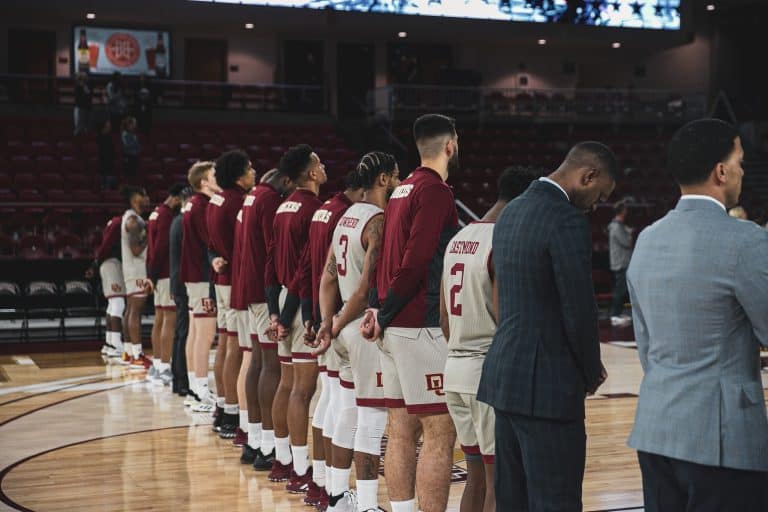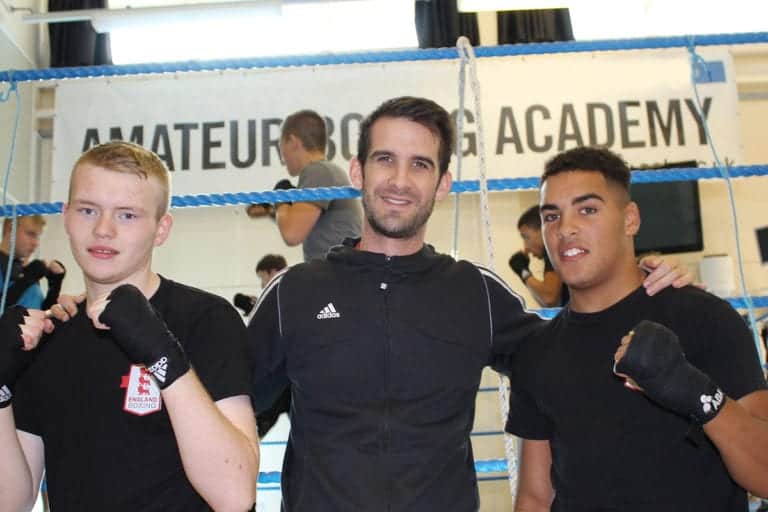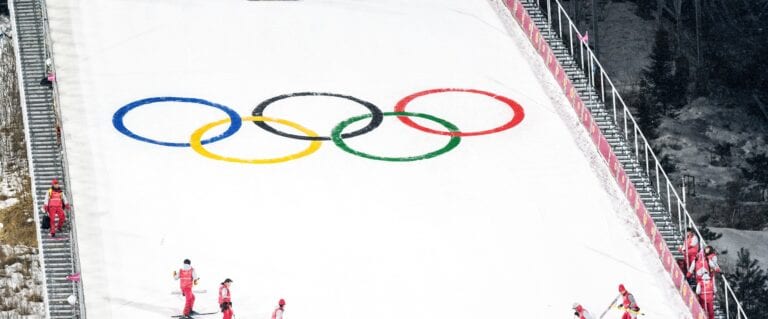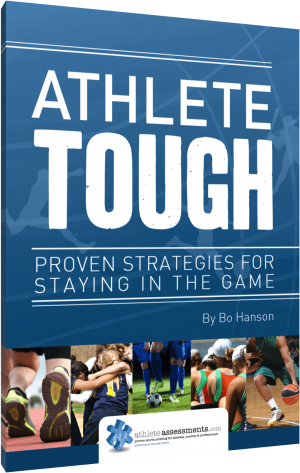As we approach the next Olympics (now 2021), it is an important opportunity to learn from the previous ones. Research following the London Olympic Games revealed the defining difference between serially successful athletes and their competitors. And, it may not be what you immediately think!
Fast Facts
- Research identifies a new category – the superelite athlete – one who medals at multiple Olympic Games or similar events.
- Research identifies the difference between a superelite athlete and their high performing counterparts – contrary to long-held views, not genetics, equipment or technology.
- Athletes who develop a close relationship with their coaches are more likely to feel secure in exploring their role in sport, pushing their boundaries, taking risks to improve performance and being able to confidently give 100% effort.
- Research reveals significant psychological and life history differences between superelites and their elite counterparts.
The 2016 Olympic Games in Rio doesn’t feel like that long ago! It hosted a program packed with exciting competitions, the best of the best were separated by split seconds and score lines which were divided by the smallest margins. But when all competitors push themselves to extraordinary lengths, access the latest scientific knowledge to create physical development programs and state of the art equipment, researchers have questioned why it is that some athletes emerge with medals and others go home empty handed.
To answer this question, researchers from Bangor University in Wales were commissioned by UK Sport, which promotes the nation’s elite sports and athletic development, to find out what it took to win multiple gold medals at the Olympics. The findings were presented at the 2015 World Class Performance Conference in London and republished in the Scientific American.
Researchers for the study interviewed both male and female superelite gold medalist from the Olympics and the intriguing interviews found that the defining difference between superelite athletes and their competitors was the quality of the coach–athlete relationship.
CEO of Athlete Assessments, Liz Masen says the findings confirm Athlete Assessments founding philosophy that the people side of sports is the distinguishing factor between those who are truly successful in sport and those who aren’t.
Further she says, “We wholeheartedly believe in the coach-athlete relationship and everything we do is in alignment with this idea because for us, it has always been the number one contributing factor to success”.
Detailing the depth of the coach-athlete relationship which springboards superelites to success, Matthew Barlow, a postdoctoral researcher in sport psychology at Bangor and leader of the recent study said that, “Superelites felt that their coaches fully satisfied their emotional needs by acting as friends, mentors and unwavering supporters—in addition to providing superb technical support. High-performing athletes who were not medaled did not feel that way.”
He was further quoted as saying, “This turns on its head a long-held view that we must simply pair the best technical and tactical coaches to our best athletes to achieve ultimate performance.”
In fact, the study proved that competitors at the most elite level require much more than just technical support.
The study initially identified 43 variables that reliably predicated the probability that someone would become a superelite. The coach–athlete relationship was one of those factors, so UK Sport funded a second in-depth analysis that focused solely on this aspect.
As part of the study, male and female superelite athletes, who had won gold at a major championship (such as the Olympics), and athletes who had competed in such championships but never medaled were recruited and in-depth interviews were conducted. After analyzing the results, Barlow found that all the athletes said they were technically supported by their coaches—but it was the superelites who reported they also enjoyed thorough emotional support.
“Superelite athletes perceived their need for emotional and esteem support were met in a way that the elites did not. Coaches of superelites acted almost as surrogate parents, praising their athletes’ efforts, emphasizing unwavering belief in them, providing positive feedback and taking an interest in personal lives. They have a bond that goes beyond spreadsheets, power outputs, and graphs.”
The 2015 findings were similar to the 2008 Canadian Olympic Study, ‘Own The Podium’ which was conducted by Penny Wurther and consisted of interviews with Olympic, Paralympic athletes and coaches. The 2008 study found that the coach-athlete relationship was one of five distinguishing factors exhibited by the athletes who delivered Olympic personal best or medal winning performances.
As for the application of the research, the Scientific American reported that up until now UK Sport had paired athletes and coaches based only on an athlete’s ability and a coach’s record of success. But the organization is now working with Barlow and his colleagues to design a new method that takes into account the full relationship between the two.
Building on Barlow’s research, coaches can ensure they get the foundations for their coach-athlete relationships right by starting with self-awareness. One of the most efficient paths to self-awareness for a coach is Athlete Assessments’ CoachDISC Profile.
The primary purpose of DISC Profiling is developing self-awareness and providing a framework to understand, then build effective relationships with others. As Joe Gibbs said: “You don’t win with X’s and O’s. What you win with is people.” DISC Profiling is the fastest and most effective way to develop the ‘people side’ of sport.
Where to from here?
Find out more about how you can use DISC Profiling to get the results you want.
At Athlete Assessments we’re here to provide you with excellence in service and to help you be your best. If there is anything we can do to be of service, don’t hesitate to contact us.
LOVE THIS ARTICLE?
DOWNLOAD YOUR FREE, PRINTABLE PDF COPY BY FILLING OUT THE FORM BELOW!
Recommended Articles
As a coach, do you have to like your Athletes? Is this a question you’ve debated in your head, or with other coaches? Well, we've got your answer!
Got a spare couple of minutes on the way to training or the weekend match? Catch the conversation between Bo Hanson and Adam Haniver on The Boxing Coaches’ Podcast. What really makes this podcast worth listening to is the way that Adam, host of The Boxing Coaches’ Podcast, asks Bo questions that surface the connections between the mechanisms and the outcomes that drive performance.
In recent years, more attention has focused on the impact of the coach-athlete relationship on an athlete’s performance. Research from the 2008 Canadian Olympic Study showed that coach-athlete relationships significantly impact athlete performance.









